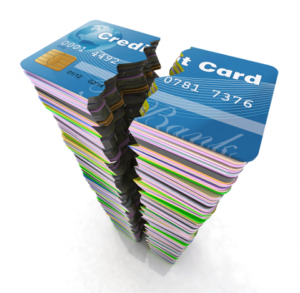 Today’s top story: 6 alternatives to Airbnb. Also in the news: The importance of used car inspections, small home fixes that have a big impact on safety, and how to not go broke at the ballpark this summer.
Today’s top story: 6 alternatives to Airbnb. Also in the news: The importance of used car inspections, small home fixes that have a big impact on safety, and how to not go broke at the ballpark this summer.
6 Alternatives to Airbnb for When You Want Other Options
The vacation rental giant may have a near stranglehold on the market, but there are other options.
Get a Used Car Inspection Before You Buy — or After
Getting your own inspection of the car you bought online can provide peace of mind about your purchase.
Small Home Fixes Can Have a Big Impact on Safety
The following fixes typically cost $200 or less.
How to Not Go Broke at the Ballpark This Summer
Buy me some peanuts and Cracker Jack (so long as it doesn’t break the bank).
 Today’s top story: Credit card debt has dropped, but inflation may change that. Also in the news: How to make summer 2022 travel plans that actually happen, how the end of the mask mandate could increase travel costs, and how much house you can get for $350K.
Today’s top story: Credit card debt has dropped, but inflation may change that. Also in the news: How to make summer 2022 travel plans that actually happen, how the end of the mask mandate could increase travel costs, and how much house you can get for $350K. Today’s top story: 8 tactics to break the credit card debt cycle. Also in the news: A new episode of the Smart Money podcast on wedding guest expenses and vetting your mortgage lender, the bar that lets you buy drinks with wands, and how to see through inflation prices.
Today’s top story: 8 tactics to break the credit card debt cycle. Also in the news: A new episode of the Smart Money podcast on wedding guest expenses and vetting your mortgage lender, the bar that lets you buy drinks with wands, and how to see through inflation prices.